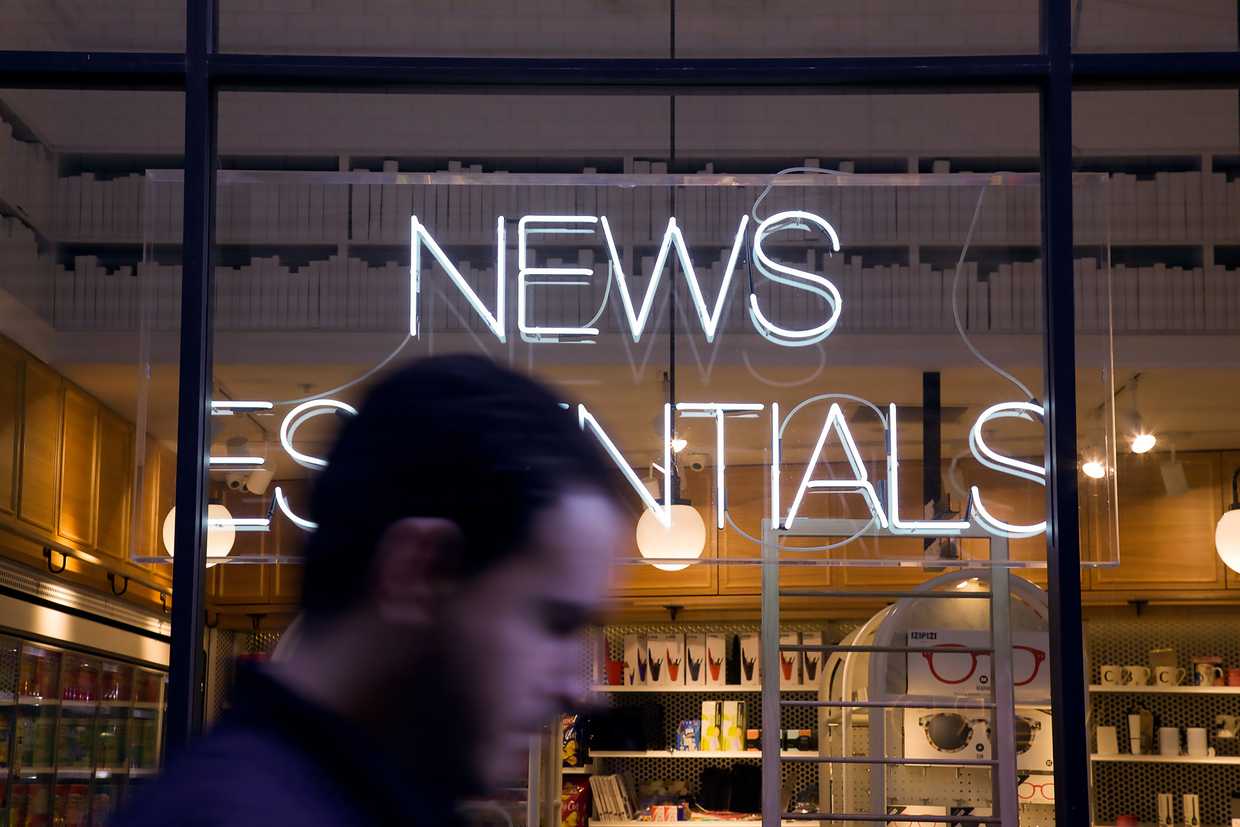“Fake News” Expressions you Should Know

The term “fake news” has been omnipresent since US President Donal Trump popularised the expression by repeatedly using it to refer to negative press coverage of himself. Also known as junk news or pseudo-news, fake news is a type of yellow journalism or propaganda that consists of deliberate disinformation or hoaxes spread via traditional news media or online social media. The relevance of fake news has increased in post-truth politics and paved the way for new expressions such as “alternative facts”, first introduced by American political advisor to the President, Kellyanne Conway in 2017.
Fake news can be presented in a multitude of ways and we have put together a list of expressions you should know when referring to this term.
1. To be economical with the truth
Meaning: To leave certain parts of the truth out.
Example: He was a little economical with the truth when he explained what had caused the situation.
2. To tell fibs
Meaning: Fibs is a nicer or less serious word for a lie, typically an unimportant one.
Example: She told a fib about where she had been at the weekend to avoid hurting anyone’s feelings.
3. To exaggerate the facts
Meaning: To make something seem larger, better or worse than it really is.
Example: He greatly exaggerated the part that he had played in achieving the result.

4. To take (certain) liberties with the truth Meaning: To fail to show respect for the (whole) truth.
Example: She had an unpleasant tendency to take liberties with the truth when she thought it could benefit her.
5. To embellish the truth/To stretch the truth Meaning: To make a statement or story more interesting by adding extra details that are untrue.
Example: He embellished the background story to make it sound more interesting.
6. To ad-lib with the truth
Meaning: To change the truth any way you like.
Example: She's good at ad-libbing her way out of trouble.
7. To manipulate the truth/ To massage the truth
Meaning: To handle or control the truth in a skilful manner.
Example: Politicians are often accused of manipulating the truth to win votes.
8. To re-invent the truth
Meaning: To fabricate something/To make something up.
Example: Re-inventing the truth is a common tactic in the creation of clickbait.
9. To lie/To tell an outright lie/falsehoods Meaning: To tell untruths.
Example: Telling outright lies is always a dangerous course of action, especially when the truth can easily be proven.
10. To use/engage in disinformation
Meaning: Disinformation is false information spread deliberately to deceive. This is a subset of misinformation, which also may be unintentional.
Example: Several governments have been accused of engaging in disinformation campaigns to win election campaigns.
We hope you find this article useful. A glossary of terms used in the article has also been provided below.
Improve your confidence in spoken English with our General English course or Individual English training in our centre in London or online.
Glossary
Omnipresent: Widely or constantly encountered; widespread.
Yellow journalism and the yellow press: American terms for journalism and associated newspapers that present little or no legitimate well-researched news while instead using eye-catching headlines for increased sales.
Propaganda: Information that is not objective and is used primarily to influence an audience and further an agenda.
Disinformation: False information with the intention to deceive public opinion.
Hoax: A falsehood deliberately fabricated to masquerade as the truth.
Post-truth politics (also called post-factual politics and post-reality politics): A political culture in which debate is framed largely by appeals to emotion, disconnected from the details of policy or truth.
Alternative facts: Falsehoods, untruths, delusions. A fact is something that actually exists i.e. “reality” or “truth.” To offer “alternative facts” is to talk about the opposite of reality (which is delusion) or truth (which is untruth).
Ad lib: Abbreviation for the Latin "ad libitum" meaning "at pleasure" and "at one's pleasure”, as much as one desires.
Clickbait: Deceptive information, typically sensationalised or misleading links produced to attract attention and entice users to follow that link and read, view, or listen to the linked piece of online content.
About The London School of English
The London School of English has over 100 years of history teaching English and communication skills to adult learners. It is the joint #1 English language school in the UK according to the British Council inspections, the highest rated English language school in the world on Trustpilot, and the best value for money school according The English Language Gazette.
Our practical, individualised approach enables our clients to learn effectively and make rapid progress. Courses include General English, Individual English training, Legal English, Business and Professional English, IELTS preparation and Academic English. We also offer bespoke business solutions for staff training and assessment.
You can learn English with our expert trainers in our London centre at 15 Holland Park Gardens, in the Royal Borough of Kensington and Chelsea, or you can choose to study English online in groups or in individual classes. Contact us online or via phone +44 (0) 207 605 4142.











